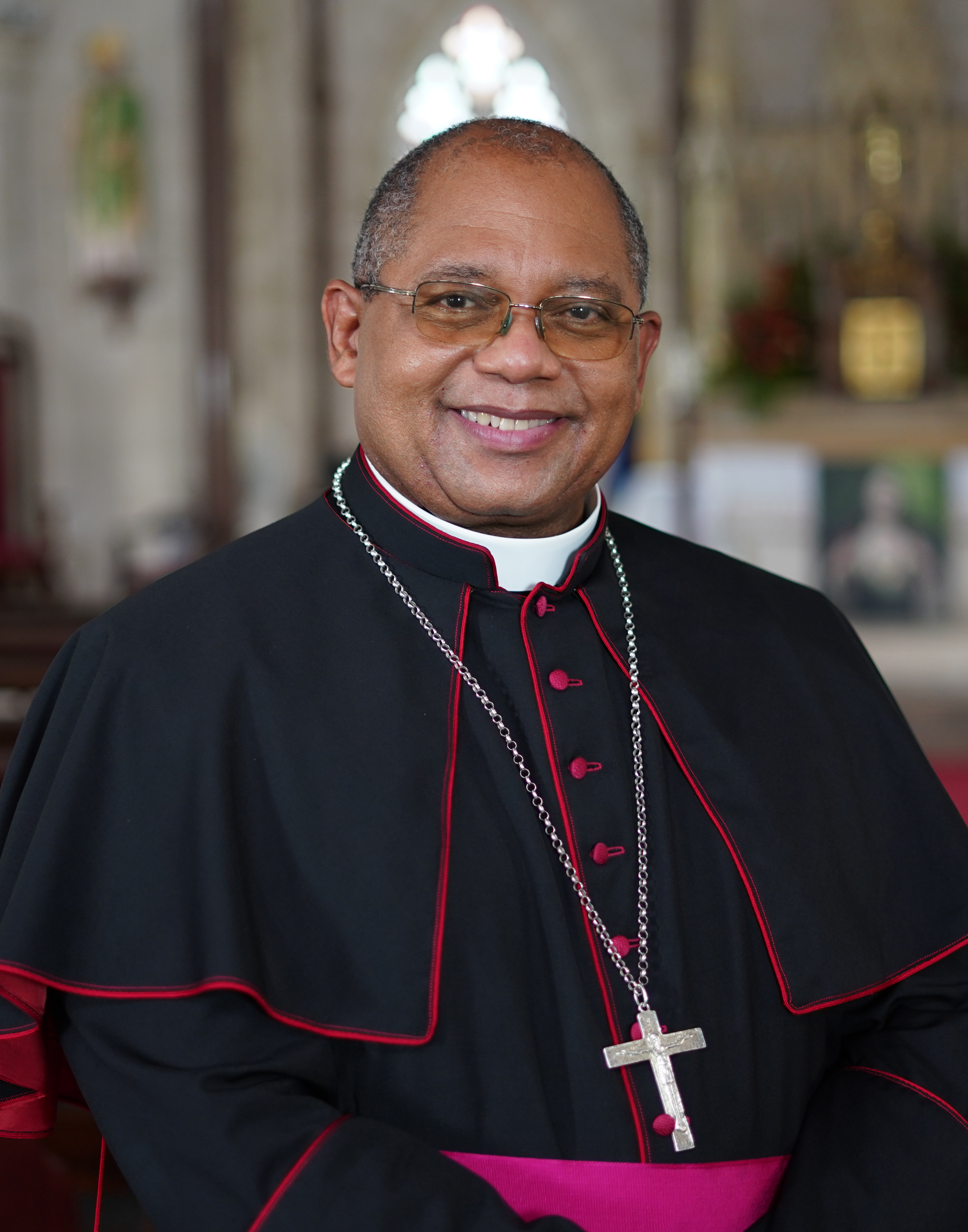The world has awaken today, Easter Monday, to the news of the passing of 266th Catholic Church leader, Pope Francis. Catholics have gathered outside the Vatican this morning as they learned of the passing of the 88 year old pontiff. Pope Francis had been ailing over the past months and and was hospitalised having been diagnosed with pneumonia.
Cardinal Kevin Farrell, the Vatican camerlengo, announced the news in a statement: “At 7:35 this morning, the Bishop of Rome, Francis, returned to the home of the Father. His entire life was dedicated to the service of the Lord and of his Church. He taught us to live the values of the Gospel with faithfulness, courage, and universal love, especially for the poorest and most marginalized. With immense gratitude for his example as a true disciple of the Lord Jesus, we commend the soul of Pope Francis to the infinite, merciful love of God, One and Tribune.”
Throughout his 12-year papacy, Francis was a change agent, having inherited a Vatican in disarray in 2013 after the stunning resignation of his predecessor, Benedict XVI, a standard-bearer of Roman Catholic conservatism.
Francis steadily steered the church in another direction, restocking its leadership with a diverse array of bishops who shared his pastoral, welcoming approach as he sought to open up the church. Many rank-and-file Catholics approved, believing that the church had become inward-looking and distant from ordinary people.
Francis reached out to migrants, the poor and the destitute, to victims of sexual abuse by Catholic clergy members, and to alienated gay Catholics. He traveled to often-forgotten and far-flung countries and sought to improve relations with an antagonistic Chinese government, Muslim clerics and leaders from across the fragmented Christian world.
After some early stumbles, he took strong steps to address a clerical sex abuse crisis that had become an existential threat to the church. He adopted new rules to hold top religious leaders, including bishops, accountable if they committed sexual abuse or covered it up, though he did not impose the level of transparency or civil reporting obligations that many advocates demanded.
In his final years, slowed by a bad knee, intestinal surgery and respiratory ailments that sapped his breath and voice, Francis used a cane and then a wheelchair, seemingly a diminished figure. But that was a misleading impression. He continued to travel widely, focusing on exploited and war-torn parts of Africa, where he excoriated modern-day colonisers and sought peace in South Sudan.

 Sports2 weeks ago
Sports2 weeks ago
 Business2 weeks ago
Business2 weeks ago
 Government3 weeks ago
Government3 weeks ago
 International4 weeks ago
International4 weeks ago
 Features4 weeks ago
Features4 weeks ago
 Government3 weeks ago
Government3 weeks ago
 Business2 weeks ago
Business2 weeks ago
 Education4 weeks ago
Education4 weeks ago























